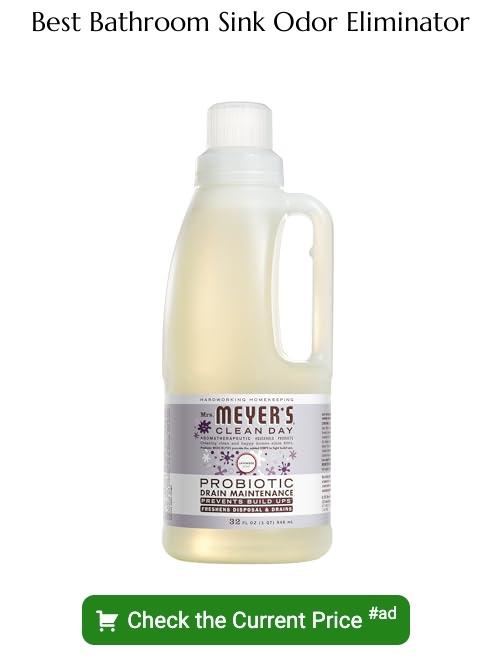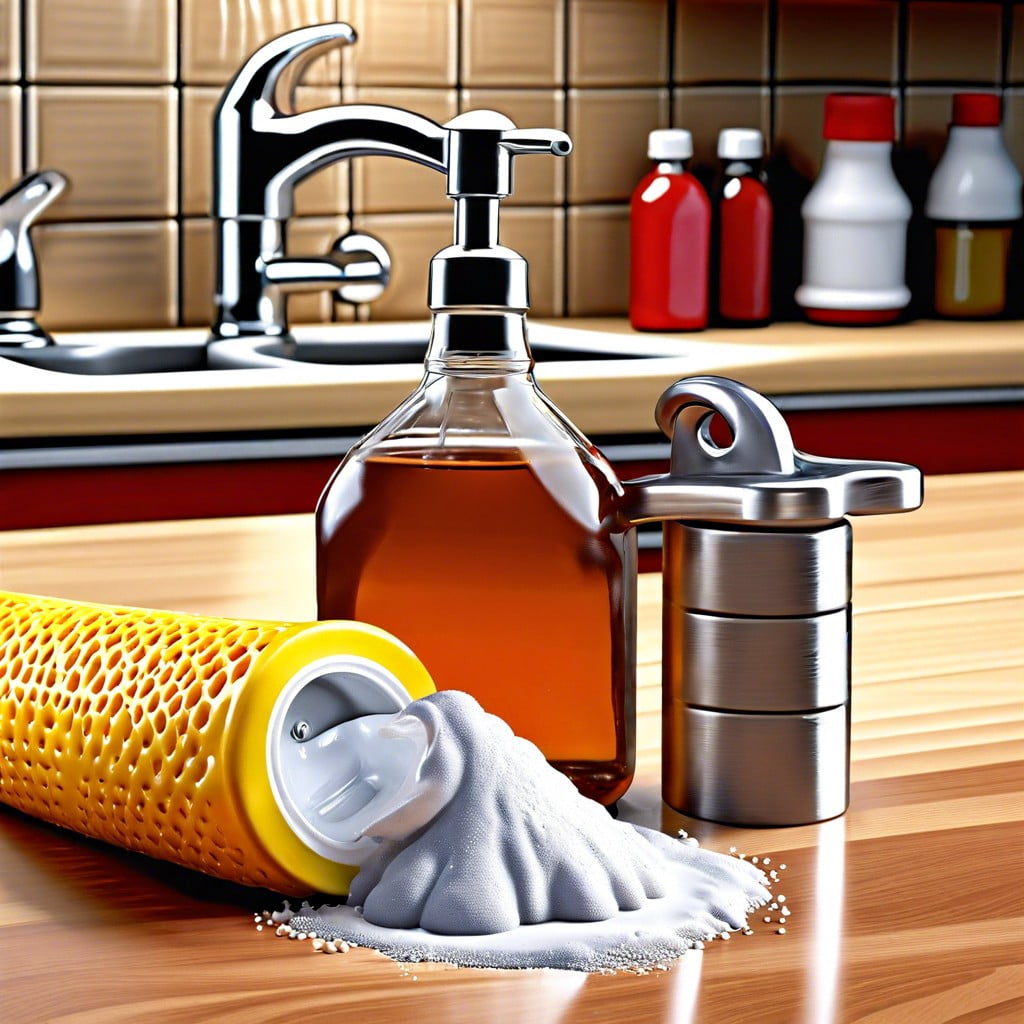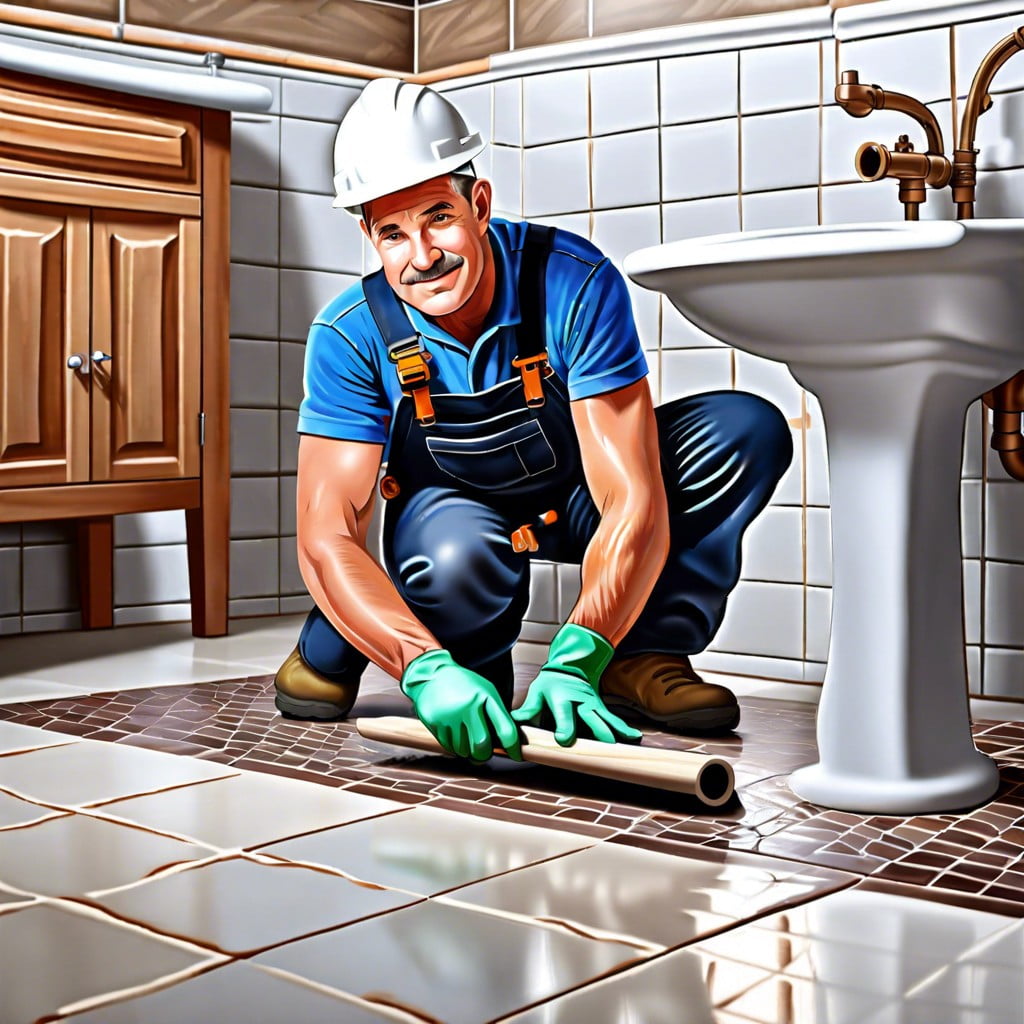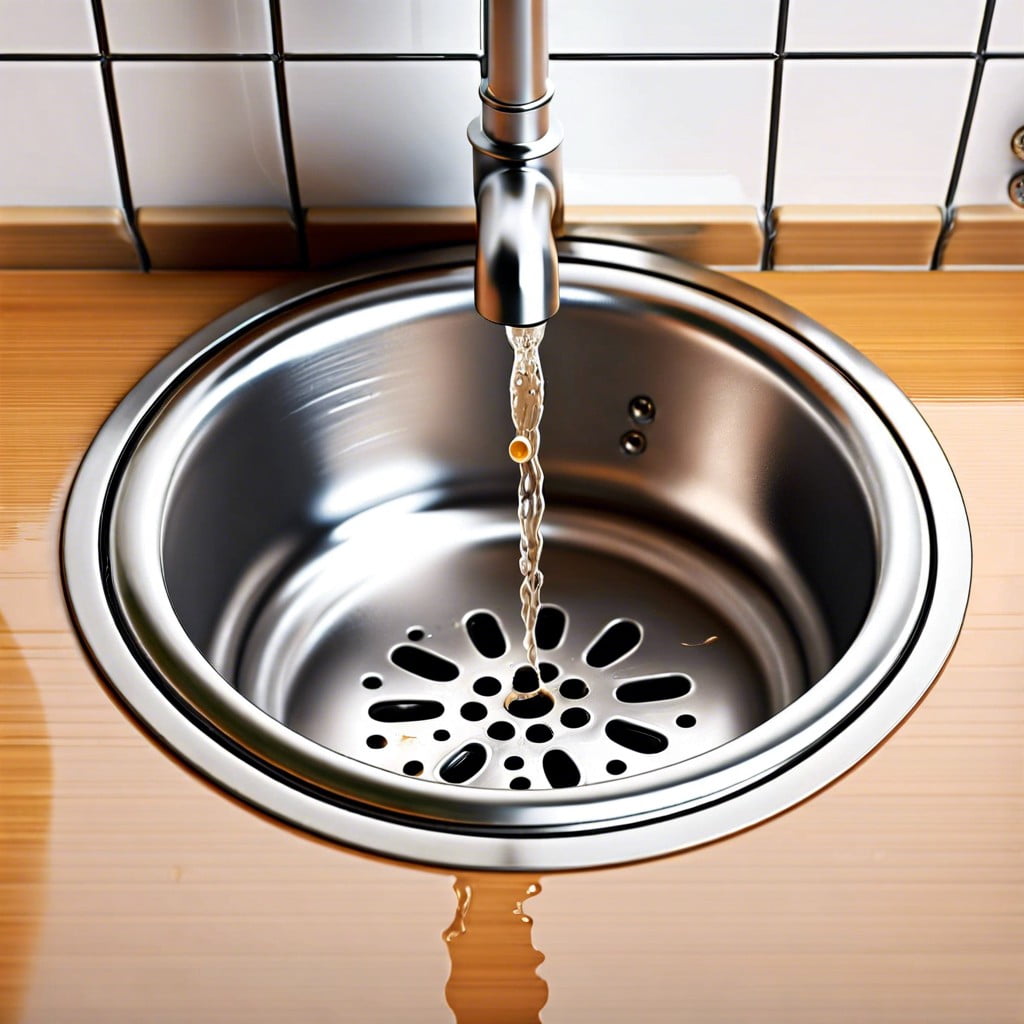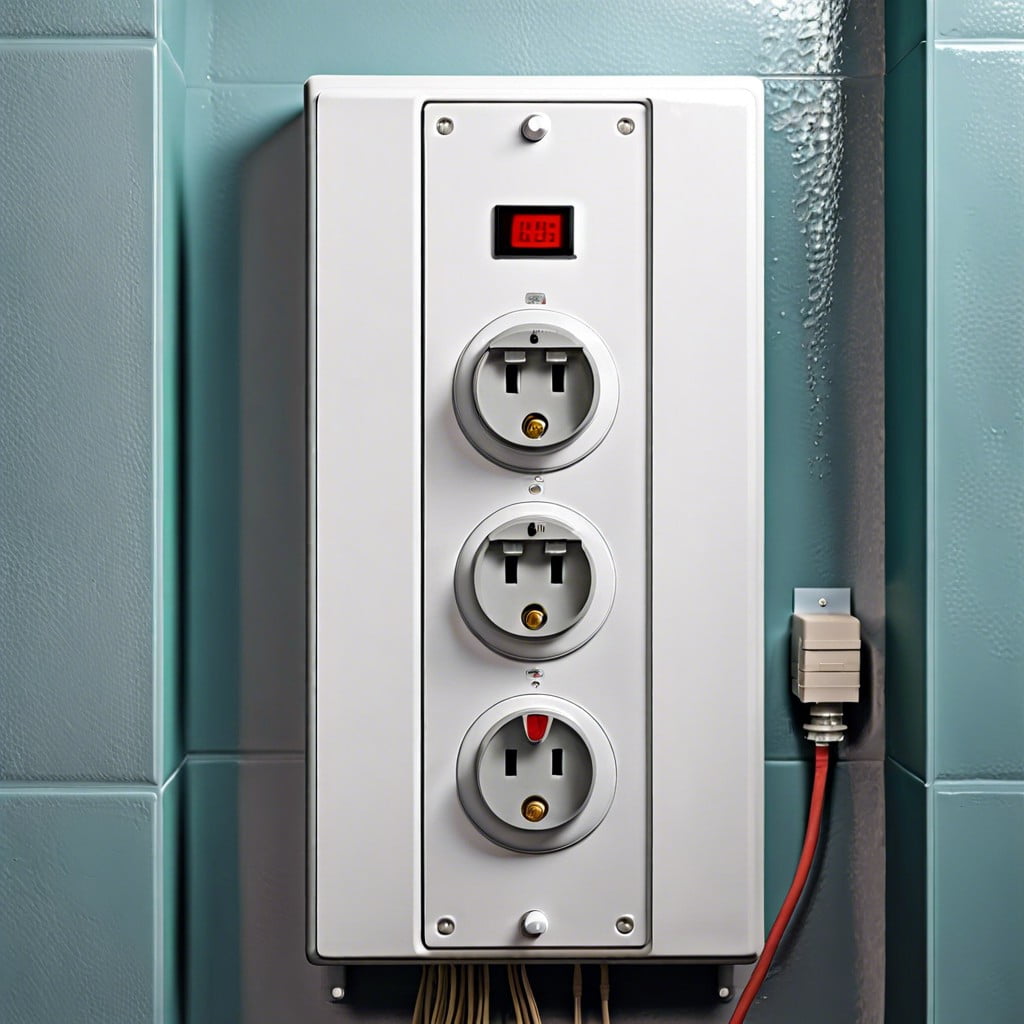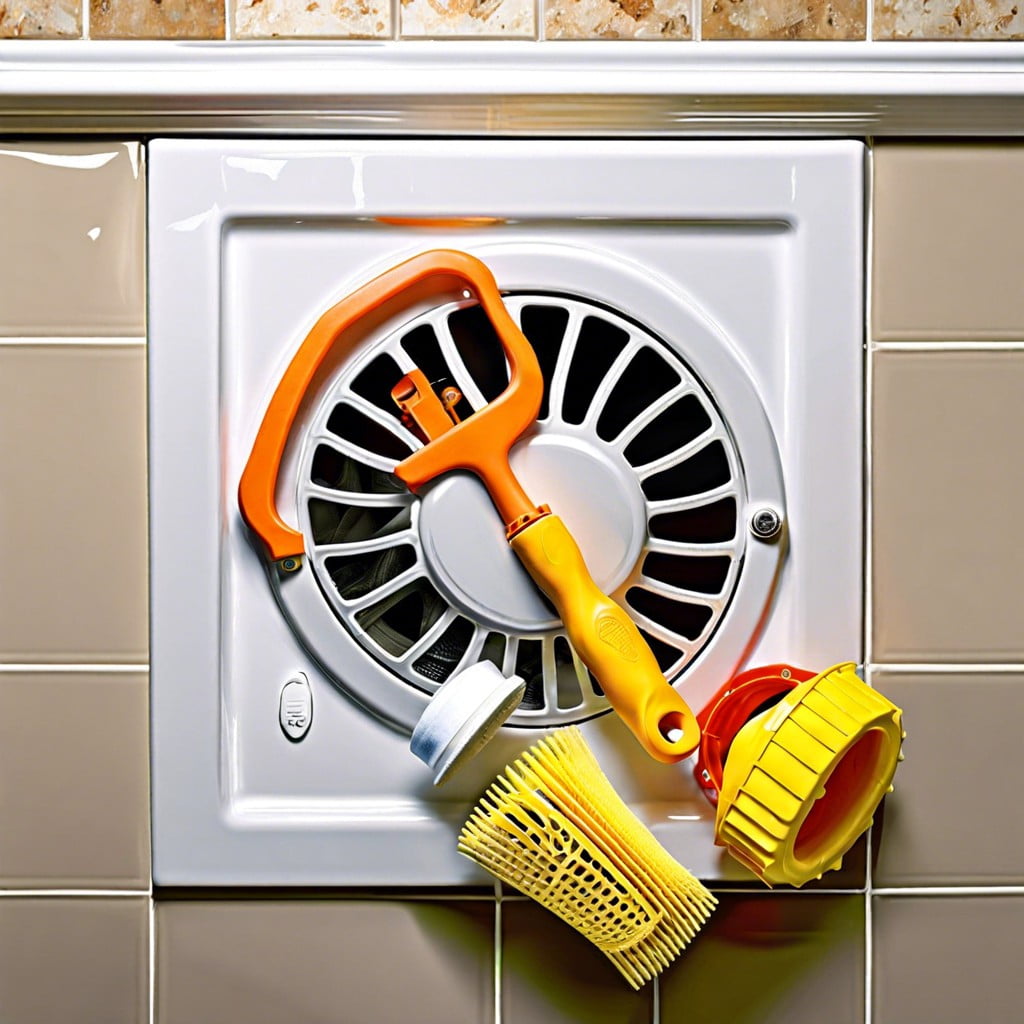Last updated on
If your bathroom sink emits an unpleasant odor, this how-to guide will provide practical solutions to identify and eliminate the source of the smell.
Key takeaways:
- Identify the source of the smell: P-trap, overflow, or garbage disposal.
- Common culprits behind bathroom sink odors: dry trap, organic matter buildup, venting issues, and overflow debris.
- Easy steps to eliminate sink smells: boiling water, baking soda and vinegar, lemon peels, and cleaning the overflow hole.
- Regular drain cleaning is important: hot water flushing, vinegar and baking soda mixture, and cleaning the trap.
- When to call a professional plumber: persistent odor, gurgling sounds, slow drainage, water backing up, and water damage signs.
Identifying the Source of the Smell
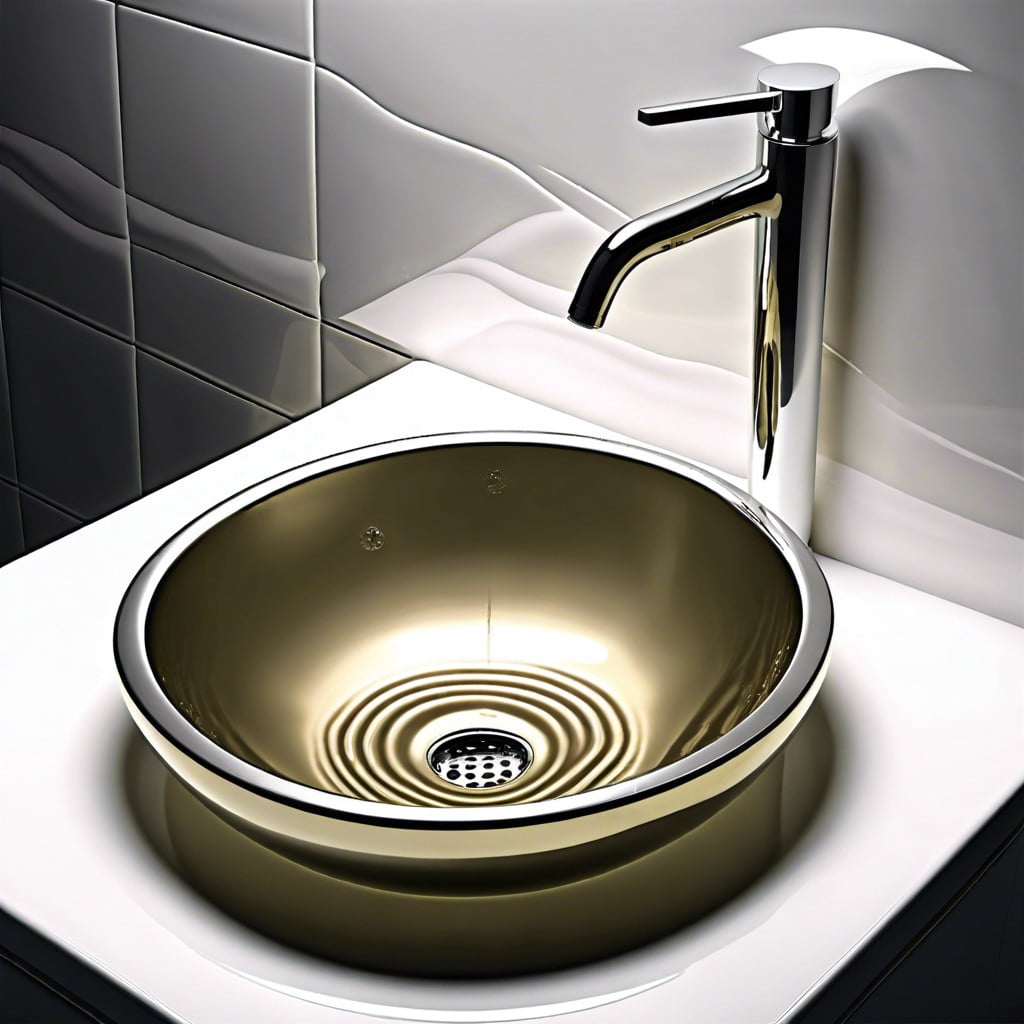
Pinpointing the exact cause of an objectionable odor can feel like playing detective, yet it’s a critical step in solving the issue. Often, the smell emanates from buildup within the P-trap — that curved pipe beneath your sink designed to trap debris and prevent sewer gases from entering your home. However, if the sink is used infrequently and the water in the P-trap evaporates, these gases can sneak past the barrier.
Another potential culprit could be the overflow hole, a feature designed to prevent water from spilling onto your floor, which can collect bacteria and gunk if not regularly cleaned. Additionally, if you have a garbage disposal attached to your sink, trapped food particles can decay and cause unpleasant smells. Identifying the precise origin of the smell is pivotal in choosing the correct approach to eliminate it. Remember, the solution is contingent on the source, making it essential to sniff out the problem accurately.
Common Culprits Behind Bathroom Sink Odors
P-trap problems often go unnoticed until the scent of stagnant water indicates a dry trap, likely from infrequent use or evaporation.
Bacteria and organic matter buildup is another prime suspect. The cocktail of toothpaste, soap, and hair can ferment into an aromatic nuisance.
Venting issues could mean that the sewer gas, which should escape through your roof vent, is instead making a grand entrance through your sink drain.
Finally, don’t overlook the overflow. A neglected nook in many sinks, the overflow passage can harbor debris and bacteria, contributing to the overall stench.
Regular maintenance is key; a smelly sink is often just a hint that attention is due. Addressing these common issues can lead to a fresher smelling bathroom and a more pleasant experience overall.
Easy Steps to Banish Sink Smells
Banishing foul odors from your bathroom sink need not be a Herculean task. Begin by boiling a pot of water and pouring it directly down the drain; this can often dislodge and dissolve simple blockages, which are commonly responsible for unpleasant smells.
For a deeper clean, mix equal parts baking soda and vinegar and pour it down the drain. The natural chemical reaction not only eliminates odors but also acts as a gentle scrub for your pipes. Allow this mixture to work its magic for a few minutes before rinsing with hot water.
Another option is using lemon peels. Their citrusy freshness works wonders for neutralizing odors. Grind a few peels in the garbage disposal, if you have one, or let them sit in the drain for a few hours to permeate their scent.
Don’t forget about the overflow hole—a neglected area that can harbor foul smells. A bottle brush dipped in a cleaning solution can reach this spot and scrub away any lurking bacteria.
Lastly, consistently remove hair and other debris from the drain stopper. These materials can rot and produce a sewage-like smell if left unchecked. Regular maintenance may seem mundane, but it’s the key to keeping your bathroom sanctuary fresh and welcoming.
The Importance of Regular Drain Cleaning
Maintaining a pristine bathroom sink is akin to ensuring your car’s engine is free of sludge—regular attention is vital. Drain cleaning, often overlooked, is a crucial routine that helps prevent malodorous issues before they start. Neglect boosts the likelihood of odors due to accumulating organic materials, such as hair and soap scum, inviting bacterial growth.
Consider this: regular flushing with hot water can work wonders. It’s a simple yet effective practice that helps dislodge unseen contaminants in your drain. For a deeper clean, a mixture of vinegar and baking soda can serve as a natural, chemical-free cleaning agent, frothing away residues that elude daily cleaning.
Moreover, addressing the trap—the U-shaped pipe under your sink—can be central to preemptive odor management. Cleaning the trap routinely ensures that it’s not serving as a reservoir for odor-causing clogs. It’s not just about cleaning what you can see; it’s also about routinely caring for the hidden parts of your sink.
Remember, prevention is key. Integrating these habits into your regular cleaning schedule helps keep your bathroom smelling fresh and functioning efficiently.
When to Call a Professional Plumber
Persistent odors emanating from your bathroom sink are more than just a nuisance; they could be harbingers of deeper plumbing issues. It’s fine to tackle a smelly drain with home remedies, but when should the DIY approach give way to professional intervention?
Take notice if the stench remains even after thorough cleaning. This stubbornness suggests that the problem is beyond surface level. Additionally, if you hear gurgling sounds or notice slow drainage, these are signs of potential blockages or venting issues within your pipes, not just in the sink trap.
Water backing up is another red flag. It could indicate a serious blockage further down the line. Also, if multiple drains in your home are smelly or clogged, the issue might be within the main sewer line — a situation certainly not suited for the casual weekend warrior but one that calls for the expertise of a seasoned plumber.
Unseen leaks can also cause mold and mildew, which add to the unpleasant aroma and pose health risks. If you spot any signs of water damage under your sink or on the walls, it’s time to call in the pros. These symptoms point to problems that are typically hidden from view, where only a plumber’s tools and experience can pinpoint the issue and provide a lasting solution.
Remember, a moment’s convenience in postponing a plumber’s visit can lead to costly repairs down the line. It’s wise to heed these signs early and entrust your bathroom’s plumbing health to the professionals.
Recap
